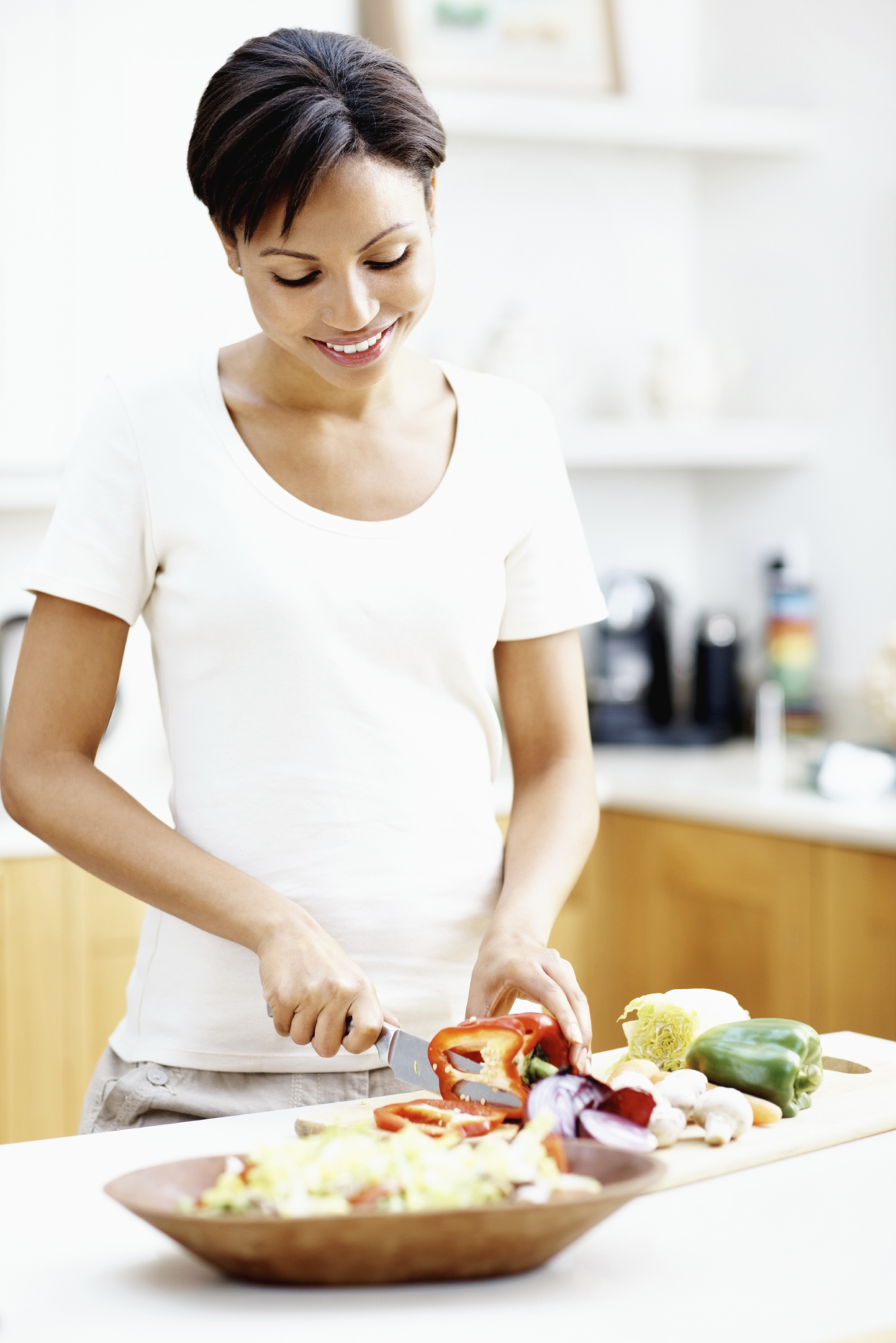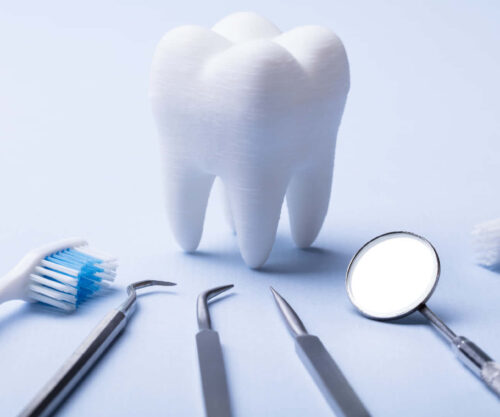
Year-end functions, office parties and the overload of festive events can wreak havoc on your waistline and your health. The coming weeks require some strong action if you don’t want to enter the New Year wearing what you ate and drank.
Patrick Holford has worked with people for over 35 years, helping them to balance good health while still enjoying life. He has some simple tips to keep weight in check and still enjoy the pleasures of good food, drink and company this season.
1.Always eat protein with carbs.
Combining protein with carbohydrate works because protein, being made of amino acids, makes the digestive environment more acidic, and this slows down the breakdown of carbohydrates. So, the food spends more time in your stomach, making you feel fuller for longer.
2. Add lemon juice and vinegar.
The old wives’ tale about cider vinegar and weight loss is true! By increasing the acidity level of your food by adding lemon juice (citric acid) you can lower the glycaemic load (GL) of your meal. Similarly, adding vinegar (acetic acid) to your meal will also result in fewer high blood sugar spikes.
In practical terms, this means eating a salad with a vinegary salad dressing, drinking a citron pressé (minus the sugar) with food, adding balsamic vinegar for flavour to a meal or if you have to have chips, make sure you add lashings of vinegar. Research has also found that adding lemon juice or vinegar while cooking reduces the formation of ‘anti-glycation end-products’ (AGEs), the harmful oxidant compounds that are formed when food is cooked.
3. Load up on soluble fibre and chew, chew, chew.
Fill yourself up on soluble fibre, found in oatmeal, oat cereal, lentils, apples, oranges, pears, oat bran, strawberries, nuts, flaxseeds, beans, dried peas, blueberries, cucumbers, celery, and carrots. Foods containing soluble fibre fill you up for longer, and lower the GL of a meal. Make sure to eat slowly and chew your food well as this means you take longer to eat your meal and will therefore eat less.
4. Wait 20 minutes before eating dessert.
This allows your ‘appestat’ (your internal appetite gauge) to kick in, which may stop you from overdoing it. Even better, go for a stroll in the garden (or a spin on the dance floor!) after your main meal, then have your dessert afterwards. This helps to stabilise blood sugar levels and if you eat immediately after exercise, your body burns it off faster.
5. Guerrilla tactics for eating out.
Make sure that you don’t arrive at your dinner function starved and lacking inhibitions. This will likely lead you to pig out on the most dangerous of festive snacks. Have a healthy (fibre-rich) snack before you go out to help curb your cravings. If you are eating in a restaurant, send back those tempting slices of ciabatta and instead request a bowl of olives. Hydroxytyrosol – an extract from olives – is a powerful antioxidant with anti-inflammatory agents.
6. Drink ‘dry’ and limit juice.
More and more evidence is linking regular consumption of both sweetened soft drinks and even ‘natural’ fruit juices with increased weight gain and diabetes risk. This is because fructose, while low-GL, rapidly converts into fat if taken in excess.
For alcohol, choose the driest drinks – for example, a dry red or white wine or champagne. If you don’t like wine or champagne, then clearer spirits like vodka, gin and whiskey are also lower in calories, if you drink it with a tonic, water or soda water as a mixer.
Alcohol is an ‘anti-nutrient’. Although some forms of alcohol (such as stout or red wine) do deliver a few nutrients, alcohol itself is a potent destroyer of these same nutrients. Patrick therefore suggests that if you want to drink, to do so moderately, sticking to less than one drink a day.
7. Take detoxifying supplements
To assist your gut and to combat the host of “incorrect” foods and drinks consumed during the holidays, Patrick recommends supplementing to assist with properly digesting all foods: probiotics to ensure the correct essential beneficial bacteria are present during times of gluttony, and glutamine as a defence from toxins. He also suggests an all-round antioxidant or liver support formula. And if you know you will be indulging a little more than usual this festive season, be sure to increase your intake of B vitamins, Vitamin C, magnesium and zinc.




